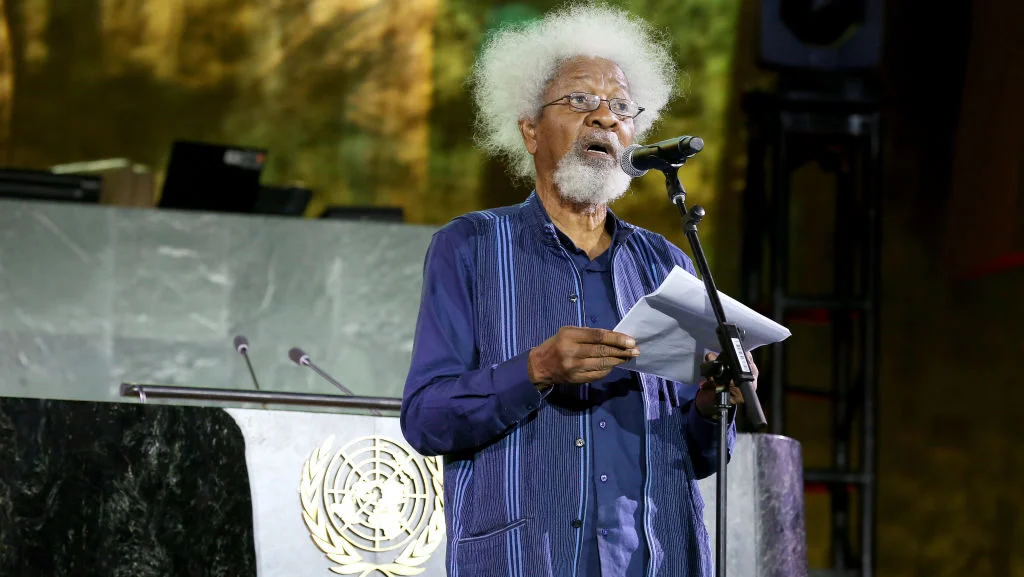Wole Soyinka’s Visa Revocation: An Insight into Politics and Artistic Freedom
Nigerian author and Nobel Prize laureate Wole Soyinka recently disclosed that his U.S. visa has been revoked. At 91, Soyinka remains a significant voice in literature and social commentary, and his belief that this decision stems from his criticisms of former President Donald Trump resonates with discussions about free speech and governmental power.
A Literary Icon’s Journey
Wole Soyinka earned the distinguished title of the first African Nobel Prize winner in Literature in 1986, solidifying his place in the global literary canon. His journey has taken him through numerous academic and social landscapes, including stints teaching in the United States. Notably, in 2017, he dramatically cut up his U.S. green card, a symbolic act of protest against Trump’s presidency, humorously referencing the “accident” it experienced at the scissors.
The Visa Revocation
In a statement to reporters on October 28, Soyinka revealed that he had received a letter from the U.S. Department of State informing him of the visa revocation. The letter cited that “additional information became available” after the visa was issued but did not clarify what this information entailed. This lack of transparency raises questions about the process and motivations behind visa decisions, especially concerning prominent figures.
Connecting the Dots
Soyinka has voiced suspicions that his visa revocation is linked to comments he made comparing Trump to Uganda’s notorious former dictator Idi Amin. This analogy stirred public debate, highlighting the tensions that often exist between political figures and vocal critics. In an interview with NPR, Soyinka expressed a sense of being “banned” from the U.S., stating, “If you want to see me, you know where to find me.” This directness underscores his resilience and commitment to speaking out against political injustices.
The State Department’s Response
A spokesperson for the State Department provided a standard response, emphasizing that “visas are a privilege, not a right,” and can be revoked at any time based on the discretion of the U.S. government. This remark encapsulates the often precarious nature of immigration status and underscores the complexities involved in international travel, especially for outspoken individuals like Soyinka.
A Broader Reflection on Immigration Policies
Soyinka notably expressed that immigration policies should prioritize human dignity rather than political agendas. “Human beings deserve to be treated decently wherever they are,” he remarked, emphasizing a principle he believes should guide immigration law. His comments reflect a broader discussion about the ethics of migration, citizenship, and the responsibilities of host nations.
The Resonance of Soyinka’s Legacy
Throughout his career, Soyinka’s work has traversed both the literary and political arenas. He has consistently advocated for human rights and justice, often putting himself at odds with oppressive regimes. His current situation invites discourse on the relationship between artists and political authorities, questioning whether creative expression can exist freely in environments where dissent is stifled.
Final Thoughts
Soyinka’s visa situation highlights not only the personal impact of political decisions but also the broader implications for artists and activists around the world. As his storied career continues to unfold, the discussions surrounding his experiences underscore the vital intersections of art, politics, and the human condition.



